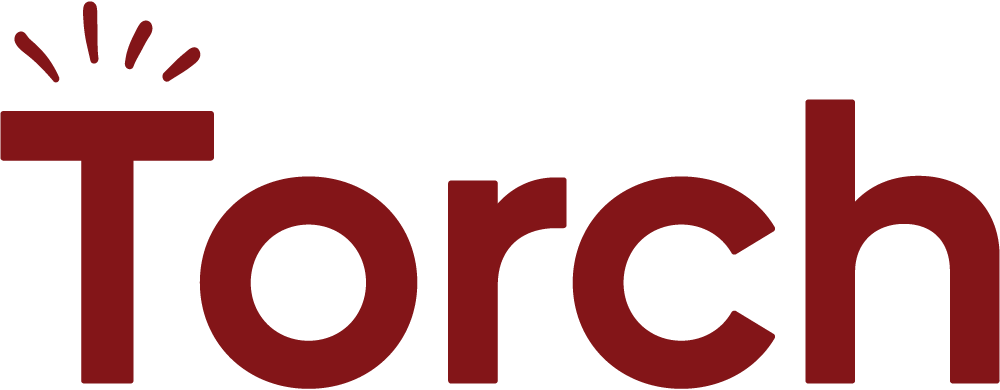AI, acceleration, inclusivity, coaching culture …
These words echoed in the halls of NYU’s 2023 Coaching and Technology summit, as industry leaders, coaches, researchers, and vendors alike discussed the rapid evolution of coaching.
The future of coaching is here.
Technology is clearly disrupting the industry and will continue to do so over the next few years. But that’s not the only significant change in how organizational leaders are thinking about coaching.
From this all-day research packed event, I left with key takeaways highlighting the top 3 changes:
AI should enable but not replace the human coach
I would be remiss not to address the hot topic in the room: Artificial Intelligence (AI). Industry leaders shared how they’ve set up coaching programs in the past, and how technology has changed their coaching strategies today. As technology rapidly evolves, as we’ve seen with ChatGPT, the question from HR and L&D leaders has shifted from “should we use technology?” to “how will we use technology?” to scale and support the coaching process.Participants asked: Where in the coaching journey can technology play a role? Who should it support?
Industry leaders and coaches discussed opportunities for technology to better enable the coach (e.g., writing emails, removing administrative burden), improve coach quality (e.g., video recording of sessions to improve skills), support behavior change of the client (e.g., nudges and goal setting), and offer more insights to the program manager (e.g., measurement of aggregated results).
While the opportunities for AI to improve coaching are vast, HR teams have to consider potential pitfalls of using technology including data privacy, bias baked into algorithms, and the possibility of bypassing the key component of coaching – human connection.
Surprisingly, the phrase human coach came up several times during the conference. Many leaders came back to shared understanding that technology cannot replace the powerful relationship between coach and employee.
Building coaching cultures requires strategy
We’ve known for some time that building coaching cultures is a top priority for many organizations. However–while we’ve had some insight into this being a priority–we learned more about how leaders are building them.
Building a coaching culture doesn’t just happen. It requires widespread support across both leadership and the employee base. HR and L&D leaders who leverage coaching as part of their learning and talent strategies spoke about the importance of:
These strategies all reflect best practices in change management initiatives.
Another key part of an effective strategy is getting crystal clear on the outcomes you want to drive. From the conference, I noticed HR and L&D leaders discussed driving a variety of different outcomes through building coaching cultures:
Leaders are driving inclusive impact with coaching
Last, but certainly not least, leaders discussed coaching as a means to drive inclusive impact in their organizations. One coaching researcher, Dr. David Lipsky, shared that leaders who are coached are better at having more inclusive conversations, taking the time to know their people, pronounce their names correctly, and understand their unique backgrounds. A few panelists discussed investing specifically in the modality of group coaching to support developing inclusive leaders.
However, offering coaching to a wider swath of employees in of itself is a more inclusive strategy. Another coaching scholar, Samantha Lynn, referred to coaching as “an elixir to deal with other workforce issues,” as leaders continue to shift their developmental focus from the CEO to the individual contributor.
Similarly, Keith Sonderling, an EEOC commissioner, asked the audience: “how do you select who gets access to coaching opportunities?” This is an interesting question, especially as organizations consider using technology in the selection process. Here at Torch, we leave selection up to our customers, while offering guidance on building inclusive selection strategies.

